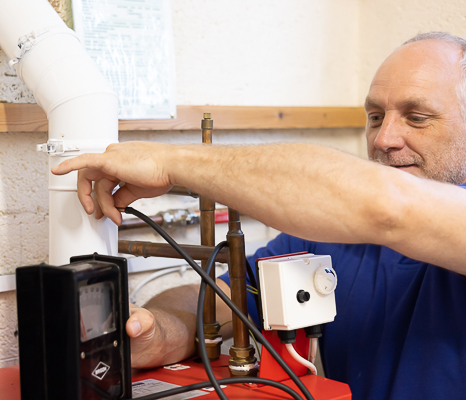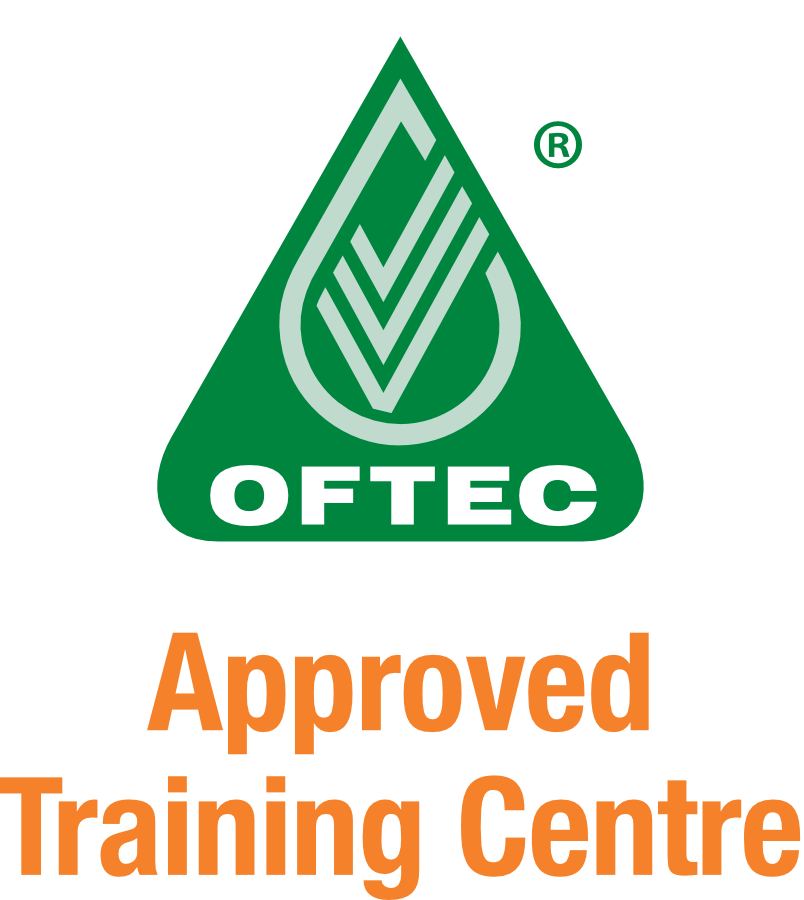How to Upskill from Domestic to Commercial Gas Engineer
If you’re a qualified domestic gas engineer looking to expand your skills — and earning potential — transitioning into commercial gas work could be the perfect next step. Many engineers reach a point in their careers where domestic work no longer provides the challenges or income they’re looking for.
Commercial gas training opens doors to bigger projects, higher rates, and access to commercial maintenance contracts. In this guide, we explain what’s involved, the courses you need, and why it’s a smart move for your career.
Why Move into Commercial Gas?
The commercial gas sector involves working on larger, more complex systems found in buildings like:
These systems operate differently from domestic installations and require a broader skill set, particularly around pipework sizing, ventilation, and safety regulations.
Aside from the technical challenge, commercial gas work also offers:
What Qualifications Do I Need to Work on Commercial Gas Systems?
You can’t legally work on commercial gas systems with domestic ACS qualifications alone. To make the switch, you’ll need to complete specific commercial modules.
The most common route for domestic engineers is to take the CODNCO1 Changeover Course, which bridges the gap between domestic and commercial work.
Each module equips you with the knowledge and skills to work safely and legally on commercial gas installations.
How Long Does Commercial Gas Training Take?
Training duration depends on your experience and the modules you choose. Typically:
CODNCO1 Changeover: 3–5 days
Additional modules: 1–2 days each
Assessments are conducted at an approved centre, like T-Gas Northern in Thirsk, where you’ll complete practical and written tests.
The good news? If you’re already experienced in domestic gas, the transition is quicker than starting from scratch.
What Will I Learn on a Commercial Gas Training Course?
Courses cover a wide range of essential skills, including:
- Gas safety legislation for commercial installations
- Pipe sizing and pressure loss calculations
- Ventilation requirements
- Combustion analysis
- Safe installation, commissioning, and servicing of commercial appliances
- Commercial gas controls and valves
- Testing and purging of large gas pipework systems
Is It Worth Upskilling to Commercial Gas?
In most cases — absolutely.
Many engineers find commercial work more rewarding, both financially and professionally.
It’s also worth noting that demand for qualified commercial gas engineers is consistently high across the UK, particularly in industrial and public sector projects.
Continuing Professional Development (CPD)
At T-Gas Northern in Thirsk, we specialise in supporting domestic engineers looking to upskill. Our trainers are experienced gas engineers who understand the challenges of making the leap to commercial work.
✔ Fully accredited ACS training
✔ Small class sizes for personalised support
✔ Real-world, practical assessments
✔ Flexible course dates to fit around your work
We also offer guidance on Gas Safe Registration updates after you complete your training — helping you get back on site with confidence.


